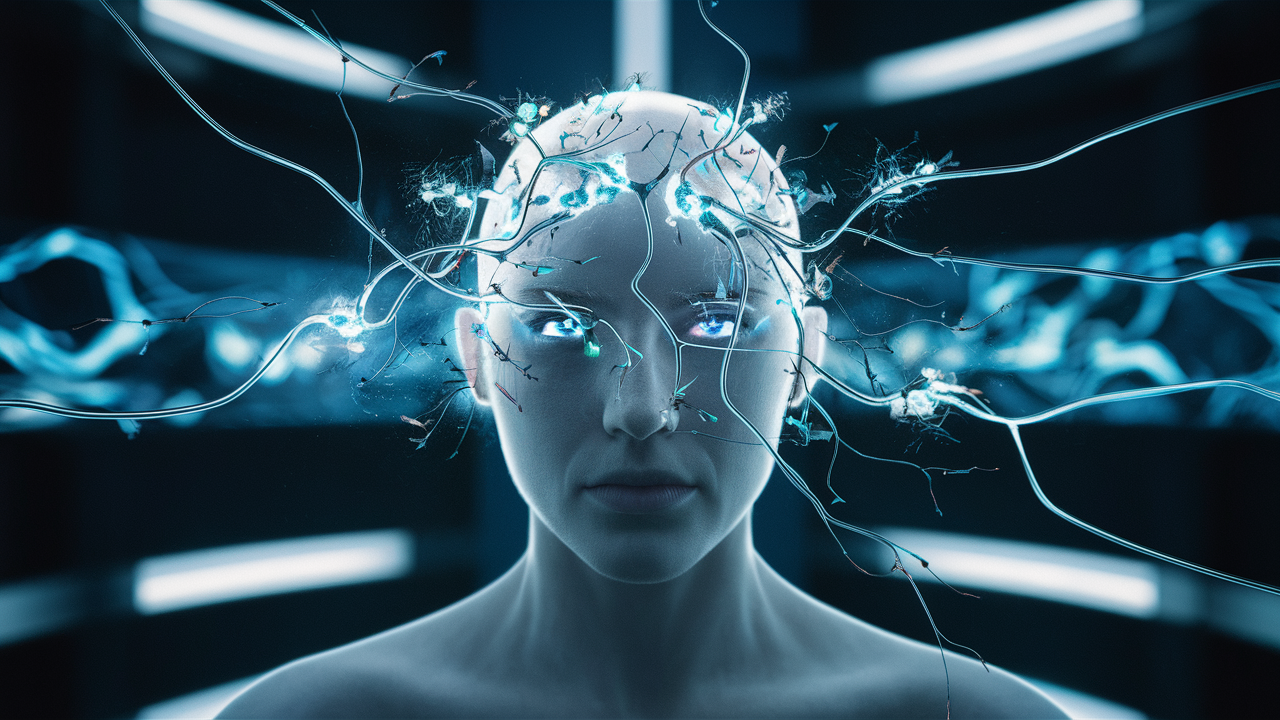The human brain consumes very little energy, unlike energy-consuming artificial intelligence systems. Scientists are looking for ways to create more energy-efficient artificial intelligence by examining how the brain works.
Instead of simulating neurons, the researchers focused on simulating the transfer of information between neurons. The effectiveness of their methods, which have been subjected to biological and digital experiments, has been proven on the electronic neuromorphic system.
Electronic systems did not exactly replicate complex information transfer, but the team demonstrated the ability to transform biological circuits into electronic circuits while preserving the amount of information.
“This is an important step towards creating low-power artificial systems based on the structure of the brain,” the authors note.
The research could be an important step towards creating more energy-efficient artificial intelligence systems based on the principles of the human brain.
Source: Ferra
I am a professional journalist and content creator with extensive experience writing for news websites. I currently work as an author at Gadget Onus, where I specialize in covering hot news topics. My written pieces have been published on some of the biggest media outlets around the world, including The Guardian and BBC News.










